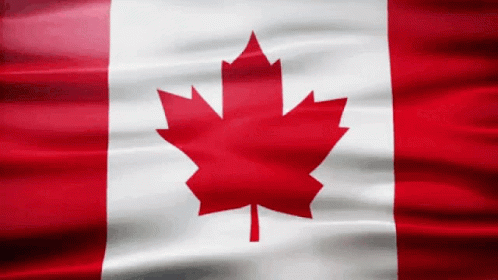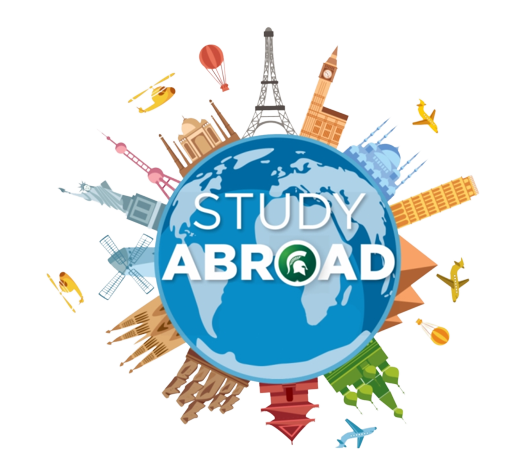infrastructure in canada
Canada has a well-developed infrastructure, including roads, bridges, trains, airports, ports, and telecommunications networks. The government of Canada invests heavily in infrastructure, with the goal of maintaining and upgrading existing infrastructure and building new infrastructure to support economic growth and social development.













